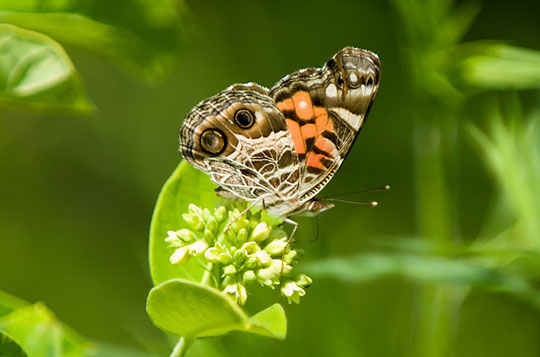Policy Research on Biodiversity Governance  In the last few decades, international biodiversity diplomacy (bio-diplomacy) has undergone deep changes in both its nature and scope. These changes have been characterized by an intensification and diversification of relevant constituents and actors, the increased complexity of relevant subject matter, and a broadening of the diplomatic agenda to include areas with a strong connection to science and technology policy, business, standard setting, and rule making.
In the last few decades, international biodiversity diplomacy (bio-diplomacy) has undergone deep changes in both its nature and scope. These changes have been characterized by an intensification and diversification of relevant constituents and actors, the increased complexity of relevant subject matter, and a broadening of the diplomatic agenda to include areas with a strong connection to science and technology policy, business, standard setting, and rule making.
Global challenges facing the international community today include the creation of safe and equitable mechanisms and institutions capable of providing effective guidance for the development and use of biotechnology, the links between climate change and biodiversity, traditional knowlege and adaptation to climate change and indigenous peoples.
A greater level of awareness among relevant actors is needed within this complicated environment regarding the scientific, governance, and ethical issues that now take up so much space across diplomatic agendas.
Addressing the Challenges
The Biodiplomacy Programme engages in research relevant to international and national debates on the links between biological resources, climate change, traditional knowledge and sovereign and cultural rights.
The areas of research and policy contribution include:
- Climate Change and Biodiversity
- Access to and Use of Genetic Resources and Benefit Sharing (ABS)
- Polar Issues
- The Regulation of Biotechnology
- Protection and Use of Traditional Knowledge
- The Implementation of the Convention on Biological Diversity (CBD)
- Marine Governance and Ocean Energy
In addition to peer-reviewed journal articles, the research is presented in concise, policy relevant messages in the Institute's key research disseminator - the UNU-IAS Reports. Biodiplomacy relevant reports can be accessed here. The team researchers also, convene roundtable discussion sessions and seminars; write website editorials and environmental commentaries; and host press briefings. These can be viewed here.
For further information please contact:
Wendy S. Elliott
This e-mail address is being protected from spambots. You need JavaScript enabled to view it








